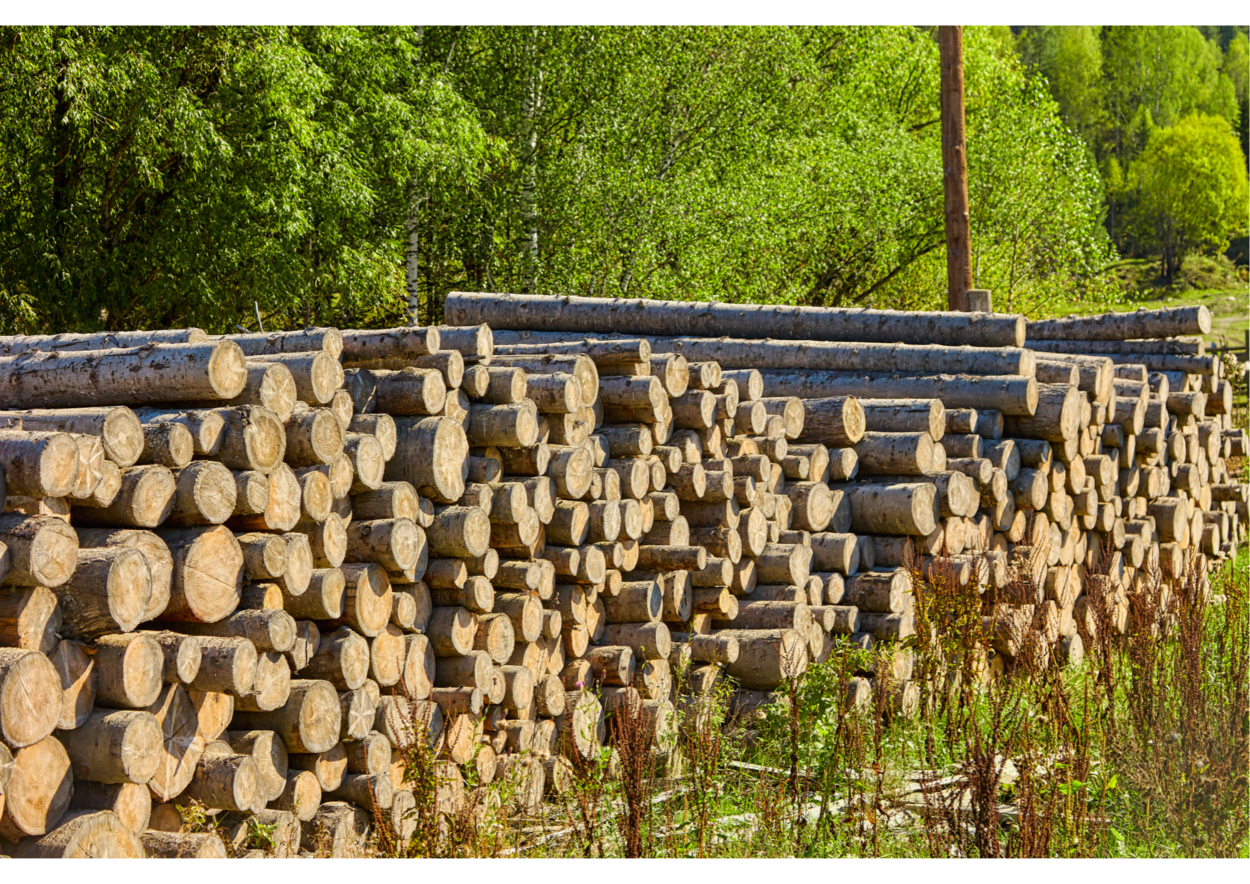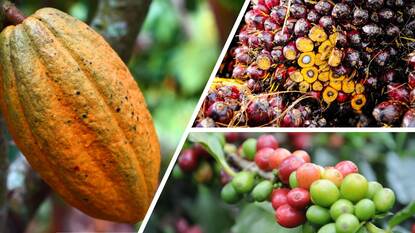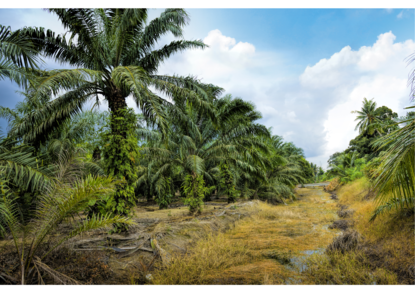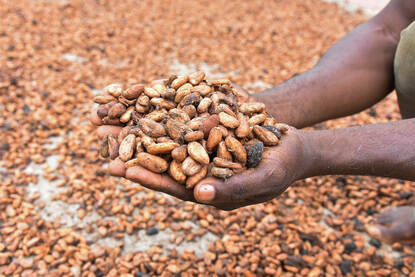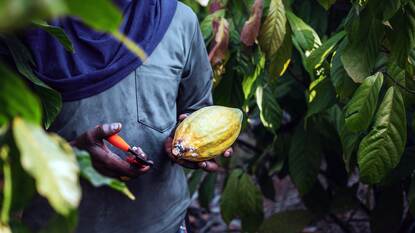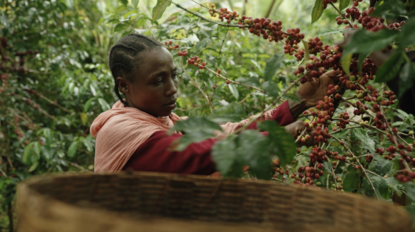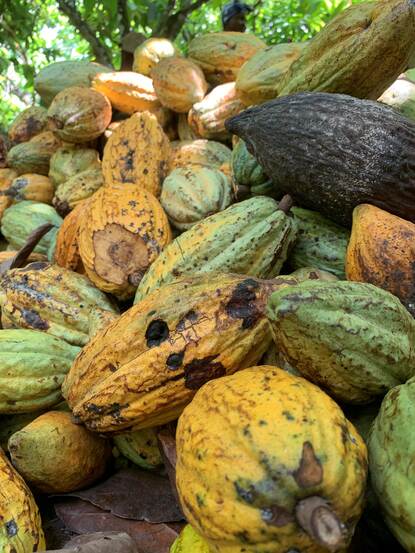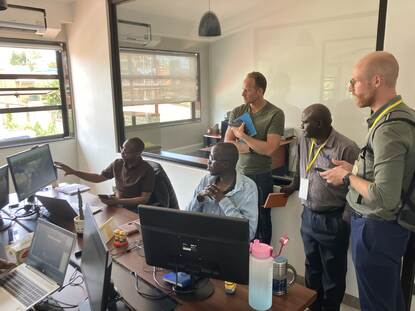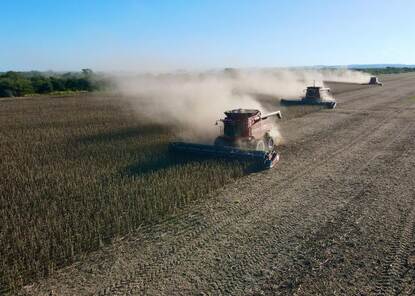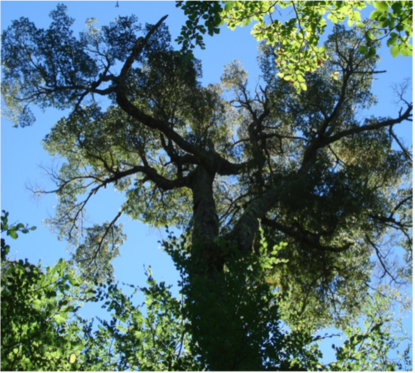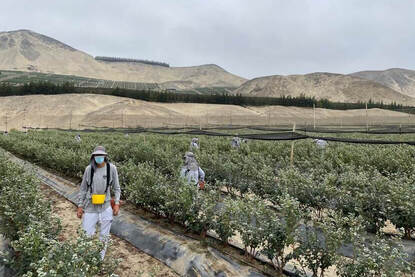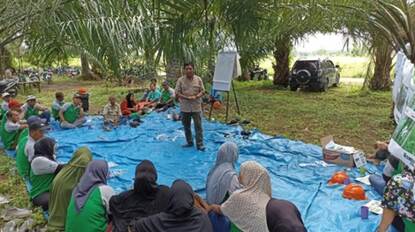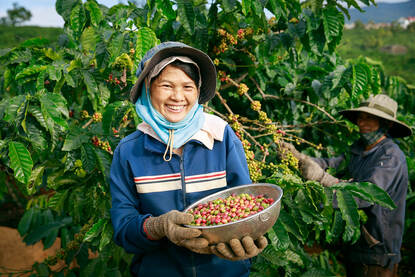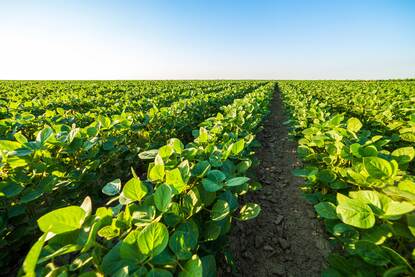Foto Canva
Belgium ranks among the top three importers and exporters in the European Union (EU) of key deforestation-linked commodities, such as coffee and cocoa. When it comes to its deforestation footprint (deforestation per capita), Belgium comes in second position – right after the Netherlands – because of the many commodities that are shipped to the EU market through Belgian ports. This article outlines the impact of the European Union’s Deforestation Regulation (EUDR) on Belgium and what the country has been doing to prepare stakeholders by December 30, 2024.
‘Belgium has always been a supporter of the EUDR and has voted in favor of the final text’
Tackling deforestation has been a priority of the Belgian Government for years. In 2021, Belgium joined the Amsterdam Declaration Partnership (ADP), which was launched in 2015. Federal Minister of Climate, Environment, Sustainable Development, and the Green Deal of Belgium Zakia Khattabi said that joining this partnership served ‘as an important lever to build dialogue with all stakeholders’ (Source: Amsterdam Declarations Partnership). By 2025, ADP-countries are committed to eliminate deforestation in relation to agricultural commodity production and import.
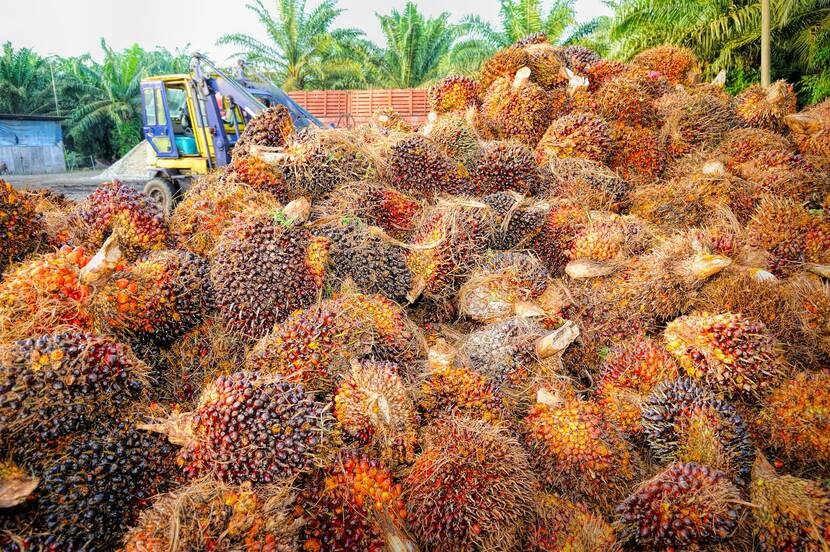
Learning from the EU Timber Regulation
The EUDR creates a legal responsibility for operators and traders that want to place commodities (soy, cocoa, coffee, beef, palm oil, rubber, or wood) on the EU market. Whether it is imported from countries outside the EU, placed on the internal market by EU operators, or exported from this market, they must be able to prove that their products do not originate from recently deforested land or have contributed to forest degradation. Belgium has always been a supporter of the legislation and has voted in favor of the final text, in which five EU Member States abstained from the vote.
This regulation comes after the EU Timber Regulation (EUTR). This earlier regulation, which entered into force in 2013, laid down the obligations for operators and traders who place timber and timber products on the EU market. The Belgian authorities have gained extensive experience with the implementation of the EUTR. One of the main challenges was being understaffed and having limited capacity as a major timber importer of wood from high-risk regions.
While the responsibility for the implementation of forest laws has been regionally invested at the Flemish Region, the Brussels-Capital Region and the Walloon Region the competent authority is at the federal level (Directorate for the Environment). Using the lessons learned from the EUTR experience, the budget for the EUDR has increased, and new inspectors will be recruited in the coming months. As Belgium will hold elections in June 2024, the next government will decide on the future budget for the implementation.
‘As Belgium will hold elections in June 2024, the next government will decide on future budgeting for the implementation’
Beyond Chocolate and sustainable palm oil: earlier initiatives to combat deforestation
Prior to the legal proposal, a few voluntary industry initiatives were developed in Belgium to reach zero deforestation. A great example is the chocolate industry’s Beyond Chocolate Partnership which aims to end deforestation. The partnership includes retailers, civil society, and research institutions. Through collaborative action, it aims to strengthen the individual efforts of its members. It covers almost 90% of the Belgian chocolate production market and includes over 70 companies and organizations. As a result, 90% of the chocolate sold on the Belgium market by its partners is currently certified and covered by a company scheme, bringing the 100% target for 2025 within reach.
Another example is the Belgian Alliance for Sustainable Palm Oil, founded in 2012, whose members stand for ensuring that only sustainable palm oil is used in Belgium and internationally.
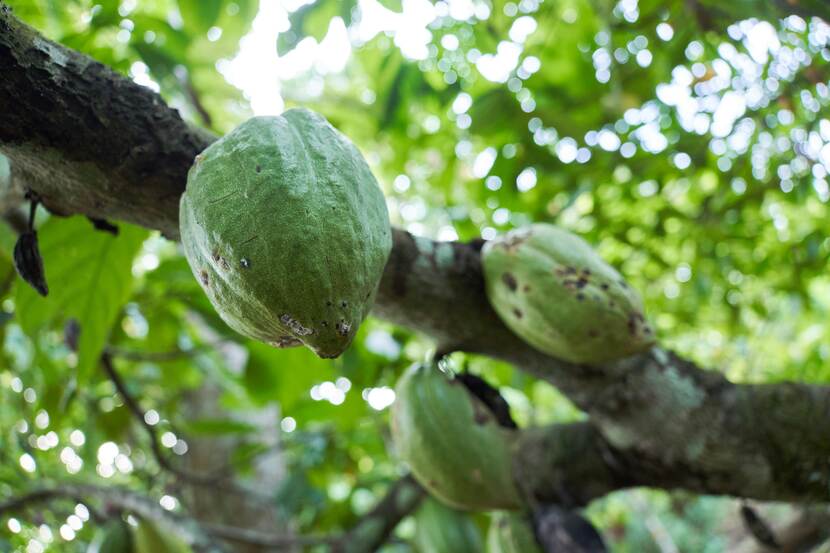
EUDR.be provides important information on implementation
Just like the Netherlands, Belgium has always paid attention to the impact of deforestation measures on producing countries. However, the EUDR does not seem to lead to substantially increased (financial) contributions by Belgium to the various initiatives to halt deforestation.
To prepare for the implementation of the EUDR, the Belgian Government has been actively informing its stakeholders. In September 2023, it organized its most recent stakeholder meeting about the EUDR. Furthermore, it has launched a website that allows stakeholders to find all relevant information and contact details. The information on the website is available in Dutch, English, French and German.
Although timely implementation may be a challenge, as one of the major importers and (re)exporters of deforestation related commodities, Belgium is aware that it has an important role to play in the successful implementation of the EUDR and is willing assume its responsibility.
More information
Would you like more information on the EUDR and Belgium’s efforts to combat deforestation? Please go to the country page of Belgium on the website Agroberichtenbuitenland.nl of the Dutch Ministry of Agriculture, Nature and Food Quality. You can also send an e-mail to the agricultural team at the Dutch Embassy in Brussels: bru-lnv@minbuza.nl.
